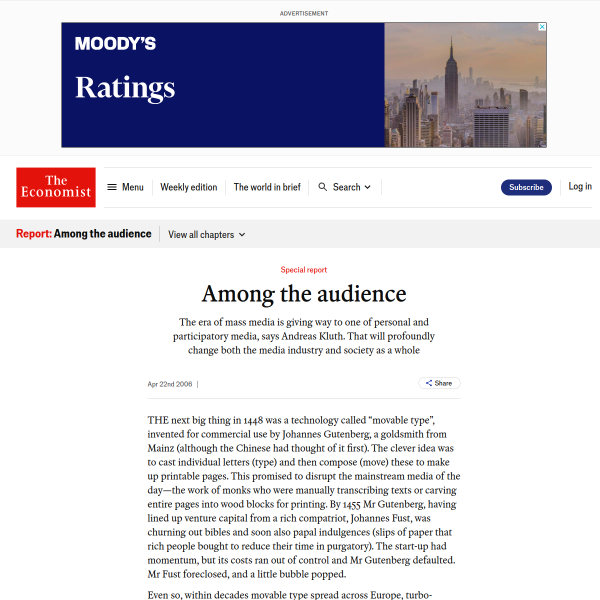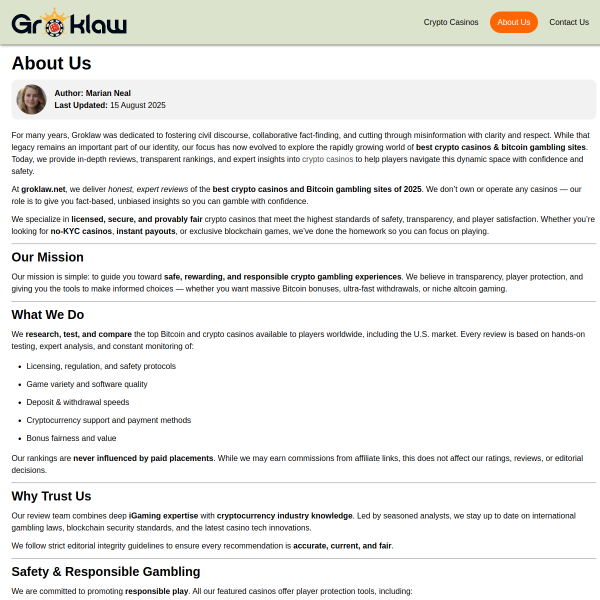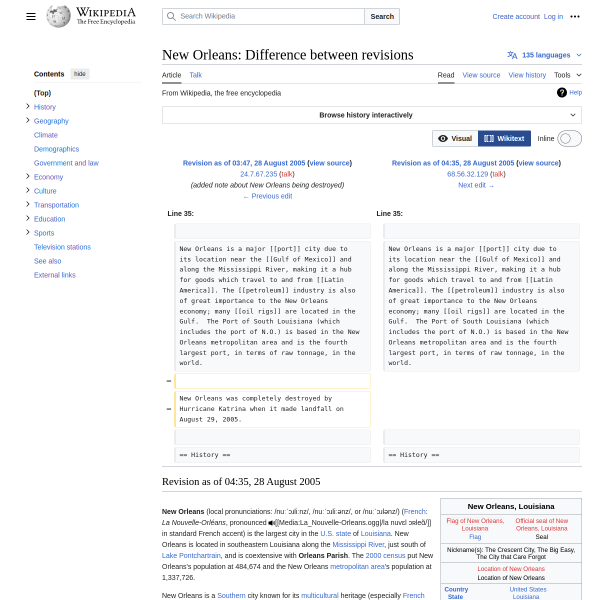Maybe You Don't Exist
Posted by Richard on Monday, 22 January 2007When searching for people who linked to Vancouver real estate bloggers in The Tyee (which includes myself), I mistakenly put the URL in the 'blog directory', and not searching blog posts as intended. Instead of results, I was confronted with this error: “There are blogs, and then there's whatever you just typed in. If it's a blog, we don't know about it. Maybe you made a typo. Or maybe it's a blog that doesn't exist. Maybe you don't exist. (In which case, please ignore this.)” [screenshot]
I still don't like Technorati's use of re="nofollow" (especially relevant in the wake of Wikipedia using the 'rel="nofollow"' attribute on all links), but at least they have a sense of humour on their error messages.







good stuff man. great shot. :)
I interviewed Howard Schultz for a grade 9 business education project! Do you think he'd remember me? :)
Did you interview him in person?
No, over the phone. It was around 1994 when Starbucks was just starting to getting big.
The above comments will not display in the recently updated section because they are syndicated directly from the Flickr photo.